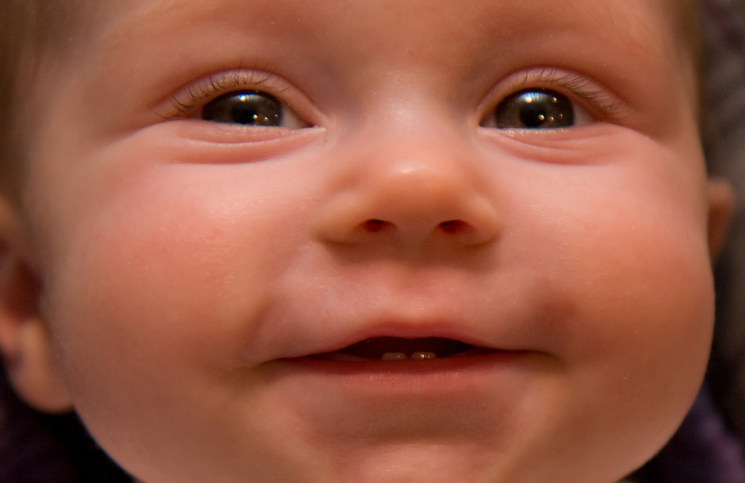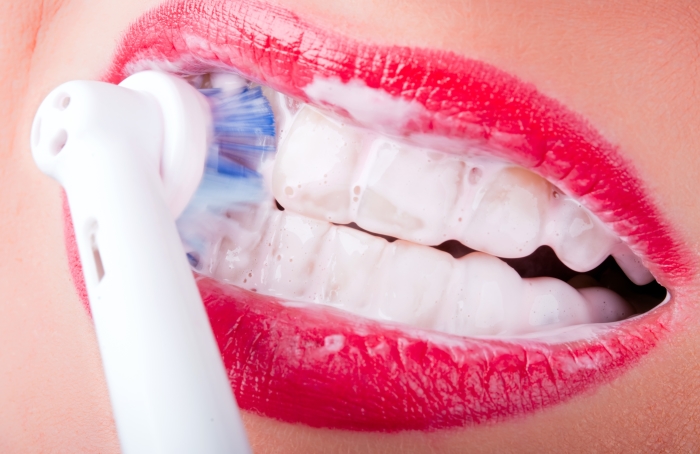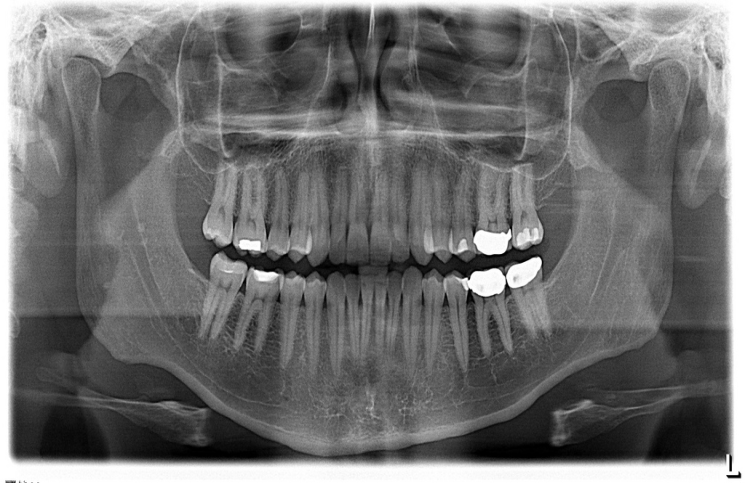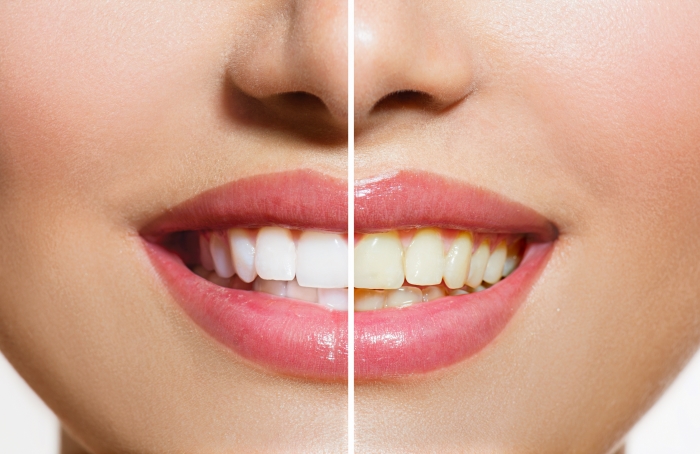How you take care of your children’s teeth in their first formative years will set the stage for a lifetime of good (or bad) oral health. In fact, you may well find yourself having to keep on them long after they pass through the toddler stage.
The oral healthcare habits that are developed before your child’s permanent teeth come in will be carried with them for a lifetime. Tooth decay and gum disease early on will lead to more infection and sickness throughout their early years.
Read through, and follow the tips below from their very first day with you, to keep your child safe from tooth decay.
The First Year:
• Don’t assume that nothing needs to be done with regards to your infant’s oral health. Wipe their gums down with a warm washcloth three times a day. Bacteria will form in their mouth otherwise, and infection is a very real threat. The streptococcus bacteria that forms in the mouth after feeding can cause sinus and ear infections, which is why this practise is so important in spite of the fact that they don’t yet have any teeth.
First Tooth:
• Buy a small, soft-bristled tooth brush for your baby. Dip a small part of the bristle-head in fluoride toothpaste; just enough to get approximately a rice-grain-sized smear of the toothpaste. Brush the tooth very gently, as your baby’s gums will be extremely sensitive at this stage.
• Finish by rubbing their gums gently with your finger before you have them completely rinse their mouth.
• Only brush once per day, in the evening, after their last planned feeding (i.e., when you know they’ll be sleeping for several hours.)
Under 2 Years:
• Around the 14 month stage, begin brushing your toddler’s teeth twice per day, with one of those times being again before bed, after their final planned feeding for the evening.
• As their fine motor skills begin to develop, begin to let them do the brushing and watch to make sure they’re brushing each tooth thoroughly.
• Always ensure they rinse their mouth thoroughly and aren’t swallowing any of the fluoride toothpaste.
2 Years & Beyond:
• If your toddler hasn’t yet begun to brush their own teeth (under your supervision), it’s really important to start enforcing the habit on them. Many parents make the mistake on giving up on an unruly child if they don’t take to brushing, but if you continue brushing for them, or give up the practise altogether, tooth decay below the gumline will begin and spread to their yet unexposed adult teeth.
Additional Tips:
• Don’t put your baby or toddler to bed with a bottle and leave them to feed until they fall asleep. You need to be sure to wipe their gums down afterward, or brush the teeth that have come through. Milk and formula contain sugar, bacteria’s favorite food.
• If you live in a rural area and drink from a well, have your water tested for adequate fluoride levels. Adults need very little fluoride, and in fact science is now coming up with evidence to show that fluoride’s dangerous to our health. Toddlers and preteen children, however, need fluoride to fortify their teeth. Supplementation may be recommended by your child’s dentist if they aren’t getting adequate levels from your drinking water.
• Limit the amount of juice your child drinks. Juice of any kind is full of sugar, which is bad for oral health, and your child’s overall health and well-being in general.
• Avoid feeding them junk food and large quantities of fruit. When they do snack on these foods, make it a condition that they have to brush their teeth completely afterward or they won’t be allowed to eat them.
• As soon as a child hits the toddler stage and their first tooth pokes through, begin taking them to the dentist once a year, or as recommended by your dentist.
Yes, It Will Be a Challenge…
There are so many challenges you’ll have to face as a parent. Teaching your children any habit isn’t going to be a picnic in the park. They’ll rebel, they’ll cry, they’ll throw a tantrum when it’s time to brush.
Just keep reminding yourself that someday they’ll thank you when they start receiving compliments from their peers for having a million-dollar, movie-star smile!




